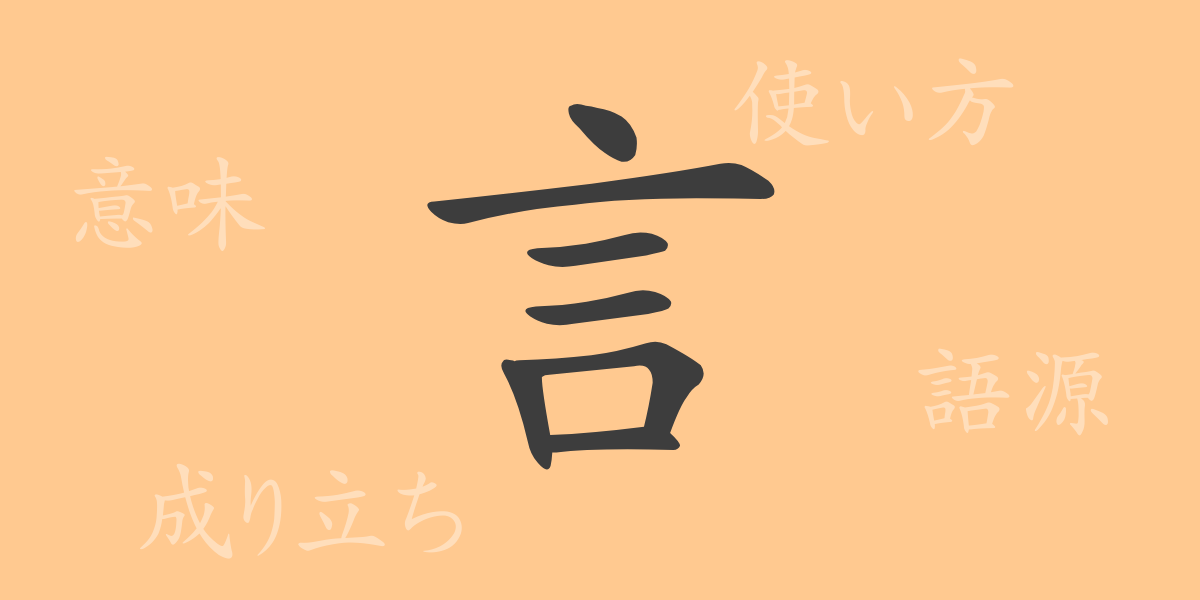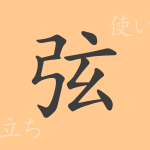From ancient times to the present, words have played a crucial role in weaving human history and shaping culture. In Japanese, the foundation of this linguistic tapestry is the kanji “言(い.う/gen)”. This small symbol holds immense power, deeply influencing our communication, expression, and even thought processes. By focusing on the single kanji “言(い.う/gen)”, we can uncover a wealth of knowledge from its origins to its modern usage. Let’s delve into the charm of “言(い.う/gen)” in this article.
The Origin of 言(い.う/gen)
The kanji “言(い.う/gen)” has its origins in ancient China. Derived from pictographs, this character originally depicted a figure representing words coming out of a mouth. Over time, its form was simplified to the current “言(い.う/gen)” shape. The core meaning of this kanji is related to words and speaking, embodying a fundamental element of human communication.
Meanings and Usage of 言(い.う/gen)
The kanji “言(い.う/gen)” means “words,” “to speak,” and “to express.” It is often used when mentioning or stating something, as in “言及(げんきゅう, genkyū)” (reference) or “言明(げんめい, genmei)” (declaration). This kanji functions not only as a standalone character but also as a fundamental component in forming various idioms and expressions in Japanese.
Readings, Stroke Count, and Radical of 言(い.う/gen)
The kanji “言(い.う/gen)” is an essential element in written Japanese, with its simple yet profound structure.
- Readings: The On’yomi (音読み) readings are “ゲン(gen)” and “ゴン(gon),” and the Kun’yomi (訓読み) readings are “い.う(iu)” and “こと(koto).”
- Stroke count: It consists of 7 strokes.
- Radical: The radical is 言部(げんぶ, genbu).
Idioms, Proverbs, and Phrases Using 言(い.う/gen)
There are numerous idioms, proverbs, and phrases that include the kanji “言(い.う/gen),” each illustrating the richness of the Japanese language. For instance, “言行一致(げんこういっち, genkōitchi)” means that words and actions are consistent, while “未だ言わざること山の如し(いまだいわざることやまのごとし, imada iwazaru koto yama no gotoshi)” is a proverb likening the abundance of unspoken matters to mountains. These expressions are used to describe actions and psychological states.
Conclusion About 言(い.う/gen)
The kanji “言(い.う/gen)” symbolizes the fundamental concept underlying the words we use daily. Its deep meanings and diverse expressions play a significant role in both written and spoken Japanese. By learning about this essential kanji, we can better appreciate the power and beauty of words.

























